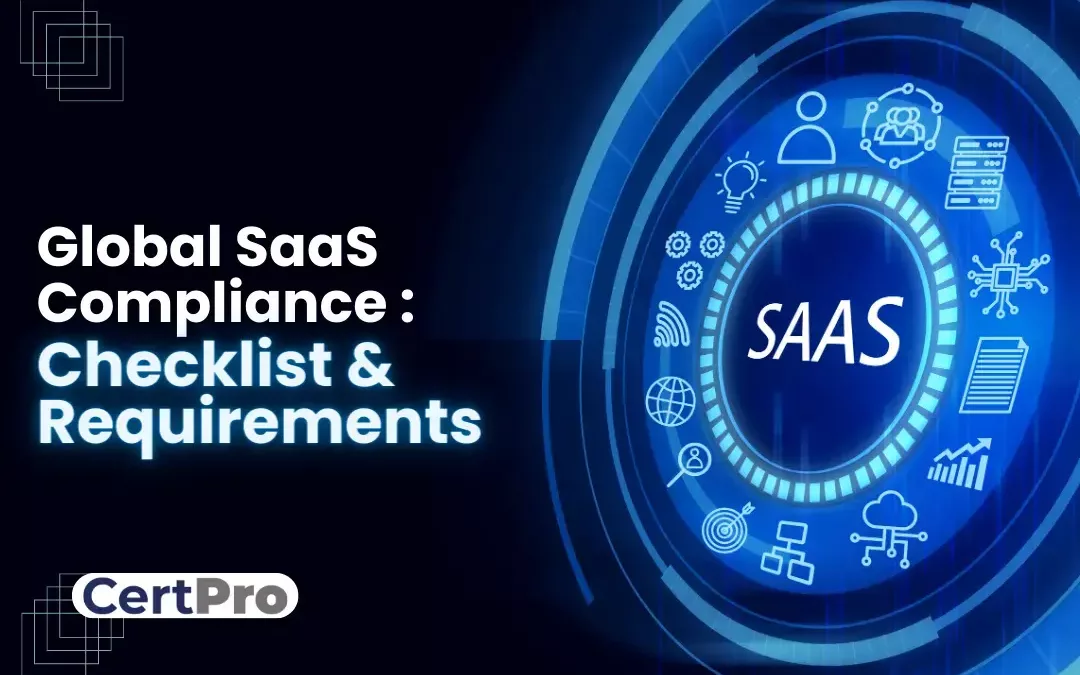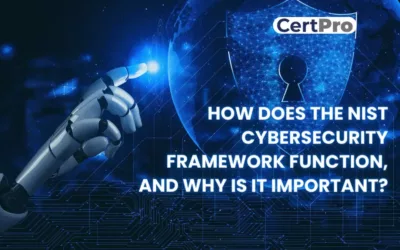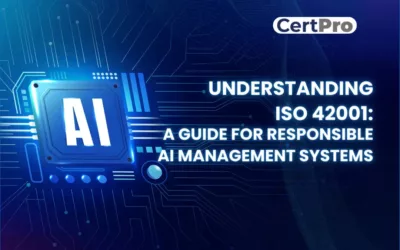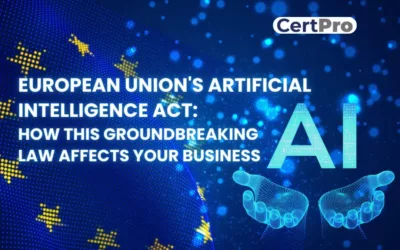The rapid expansion of the Software as a Service industry has brought about a borderless digital landscape, enabling companies to deliver innovative software solutions to customers worldwide. While this global reach offers tremendous opportunities, it also poses significant challenges in terms of regulatory compliance. SaaS Compliance companies must navigate an intricate web of laws, regulations, and industry standards across various countries to ensure their operations remain lawful, secure, and ethical.
The compliance requirements for software-as-a-service companies on a global scale encompass a wide array of critical areas, such as data privacy, security, intellectual property, consumer protection, taxation, and more. With data breaches and privacy concerns making headlines, data protection has emerged as a focal point for regulators globally.
In this article, we will explore the diverse compliance requirements that SaaS Compliance global companies face, delving into the challenges and best practices they encounter in adhering to an ever-evolving global regulatory landscape. By understanding and meeting these compliance demands, we can build trust with customers, enhance their reputation, and ensure sustainable growth in the competitive international market.
WHAT IS SAAS COMPLIANCE?
The term “SaaS compliance” refers to the entire collection of legal requirements and business standards that the providers must go by in order to protect customer data. These compliance standards are outlined in accordance with regional variations in data protection legislation, industry variables, and market demands.
Software as a service providers often handle sensitive user data, and their clients may operate in industries that have strict regulatory requirements, such as healthcare (HIPAA), finance (PCI DSS), or data protection (GDPR).
Risk management includes compliance with software-as-a-service laws. These guidelines and frameworks direct how your business establishes organizational procedures, assisting you in avoiding risks and their severe penalties, which can include fines, legal action, and a tarnished reputation in your sector.
Software as a service Compliance is crucial because it provides clients with reassurance that sensitive data is handled securely and that legal standards are being followed.
TYPES OF SAAS COMPLIANCE
There are a variety of compliances that these organizations must keep at the forefront of their minds, from financial regulation adherence to guaranteeing data security and privacy. These may be applicable due to contractual requirements, service-specific requirements, industry-specific requirements, or general regulations.
The three main categories of SaaS compliance are:
1. Financial compliance: It refers to following rules that are relevant to the banking, capital, and financial markets. Various forms of financial compliance that apply to SaaS businesses, as examples, include:
PCI DSS: To stop identity theft and online fraud, PCI DSS is a widely acknowledged standard for businesses that store, handle, or transfer sensitive cardholder data.
IFRS: 167 jurisdictions presently have it as a requirement, and it pertains to SaaS companies that have numerous geographical sites.
2. Security Compliance: Implementing security controls to protect the confidentiality, integrity, and accessibility of sensitive data is known as security compliance. Several instances of security compliance include the following:
SOC 2: For service businesses to assess the effectiveness of controls for security, availability, processing integrity, confidentiality, and privacy of data, SOC 2 is a voluntary standard.
ISO 27001: In order to manage security risks and ensure the highest standards of data protection, SaaS enterprises must adhere to ISO 27001 standards.
3.Data Privacy Compliance: The regulations that control the protection and privacy of personal data, as well as the implementation of suitable security measures, are referred to as data privacy compliance. Two crucial compliance frameworks for software-as-a-service companies are the following:
GDPR: Businesses that provide software as a service and have a physical presence in the EU or want to increase their digital presence there must comply with GDPR.
HIPAA: SaaS companies that handle PHI while offering services to healthcare institutions are regarded as those organizations’ business associates and must adhere to HIPAA regulations.
CHECKLIST FOR SAAS COMPLIANCE
A SaaS compliance checklist serves as a starting point for the compliance journey and a benchmark for direction during the implementation stage.
The following checklist is provided:
1. Regulatory Awareness: Finding out the compliance regulations your company must adhere to is the first step in taking action. Identify applicable regulations based on industry and region (e.g., GDPR, HIPAA, and PCI DSS).
2. Check out the Risk landscape: This entails determining the potential risks to the organization as well as their likelihood and seriousness. Prioritize the threats that pose the greatest danger.
3. Review the compliance readiness: To apply posture-appropriate measures, the organization must first evaluate its current compliance level.
4. Create a compliance plan: The goal of the aforementioned actions is to gather enough information to draft a thorough compliance strategy.
5. Utilize precautions in line with the risk profile: This entails putting in place controls that are proportionate to the risks identified and suitable for the current compliance levels.
6. Assess compliance readiness: Obtaining a readiness assessment after the implementation phase is the best way to confirm whether you still fall short of the standards.
7. Perform an outside audit: Engage an impartial and qualified auditor for a thorough final evaluation of compliance. Depending on how frequently essential remedial actions or proof are produced, the audits may take weeks or months to complete.
With the help of this SaaS Compliance checklist, you can establish and maintain Software-as-a-service compliance while safeguarding data, meeting regulatory requirements, and fostering confidence among your users and stakeholders.
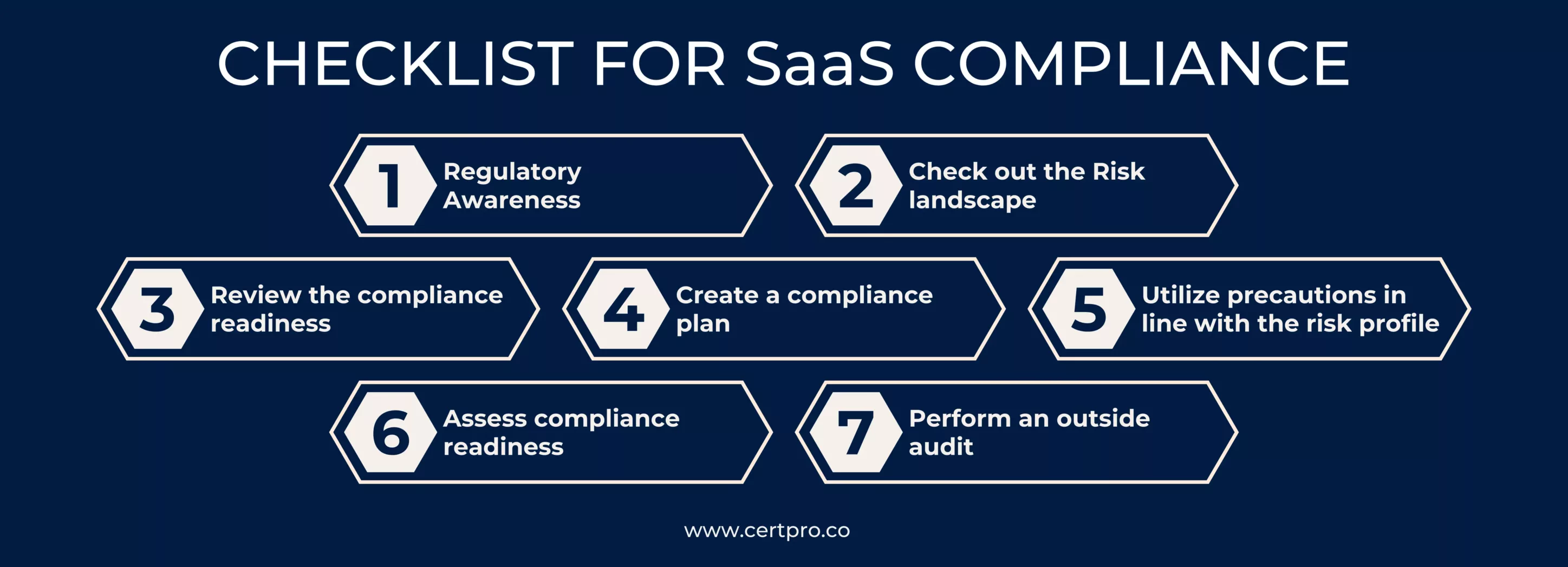
REQUIREMENTS OF SAAS COMPLIANCE
SaaS compliance requirements encompass a wide range of legal, security, and privacy obligations that these companies must meet to ensure the lawful and secure delivery of their services. These requirements can vary depending on the industry, geographic location, and nature of the software-as-a-service offerings.
Some of the SaaS compliance requirements are:
1. Data Privacy: Compliance with data privacy laws is paramount for these companies. They must implement measures to protect the personal and sensitive data of customers and users. This includes obtaining proper consent for data collection, processing, and storage.
2. Regulatory Frameworks: SaaS companies may need to comply with various industry-specific regulations and standards, such as healthcare data protection (HIPAA), financial data regulations (PCI DSS), and more, depending on the nature of the services they provide.
3. Taxation: These companies may have tax obligations in various jurisdictions. They need to understand and comply with local tax laws and regulations to ensure proper reporting and payment of taxes.
4. Audits and Assessments: Regular internal audits and assessments help identify compliance gaps and ensure ongoing adherence to SaaS compliance requirements.
5. Service Level Agreements (SLAs): These companies often have SLAs with customers that define service availability, response times, and other performance metrics. Compliance with SLAs is essential to maintaining customer satisfaction.
6. Data Retention and Deletion: These companies must have policies and procedures in place for data retention and deletion in line with relevant laws and customer agreements.
7. Incident Response and Reporting: These companies must have incident response plans in place to address security breaches and data incidents promptly. This also entails informing concerned parties and necessary authorities as needed to comply with the law.
By meeting these SaaS compliance requirements, companies can demonstrate their commitment to data protection, security, and ethical business practices, build trust with customers, and operate within the bounds of the law.
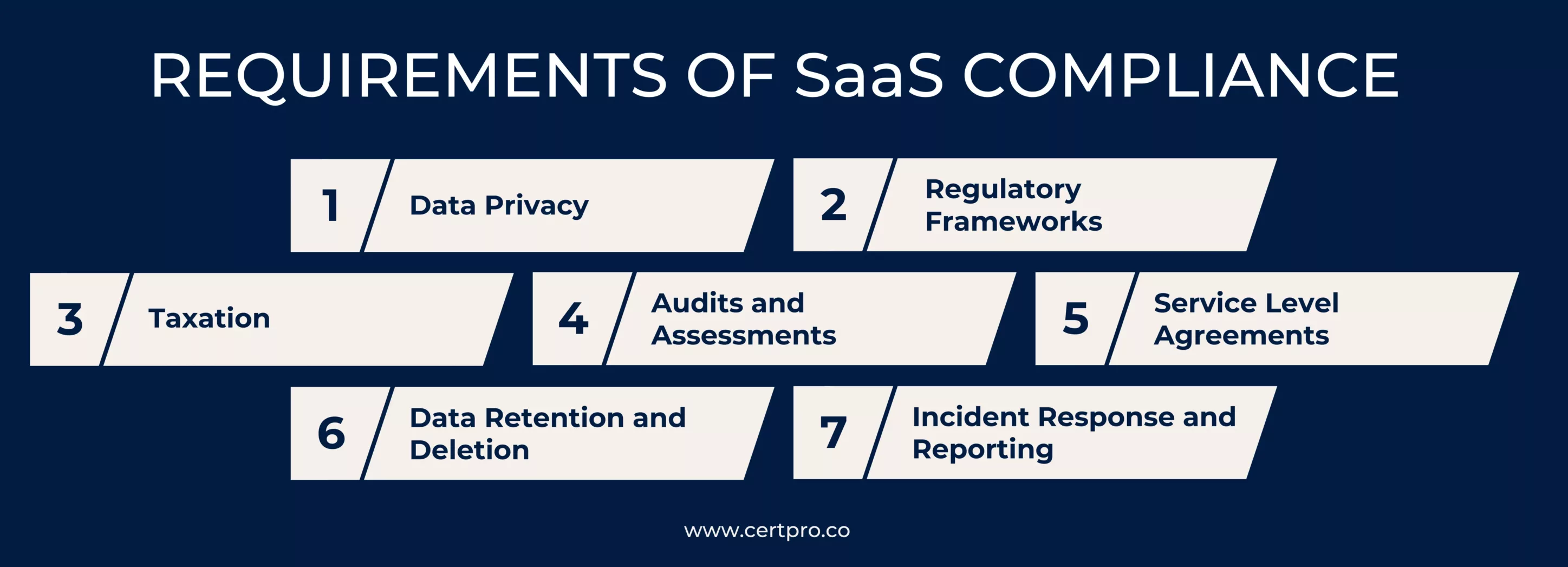
SAAS COMPLIANCE SOLUTIONS
SaaS compliance solutions in the global market refer to the tools, technologies, and strategies that these companies adopt to ensure adherence to various regulatory requirements, security standards, and best practices across different regions and countries.
Some common solutions used in the global market are:
1. Data Privacy Management Platforms: These platforms assist these companies in managing user data privacy and compliance with data protection regulations such as GDPR and CCPA.
2. Security Information and Event Management (SIEM) Systems: SIEM systems collect and analyze security event data to detect and respond to security threats in real-time. They help these companies comply with security standards and identify potential security vulnerabilities.
3. Identity and Access Management (IAM) Solutions: IAM solutions control user access to these applications and data, ensuring secure authentication, authorization, and access controls. These solutions aid in meeting data security and compliance requirements.
4. Encryption and Data Protection Tools: Encryption solutions help Software-as-a-service companies protect sensitive data both at rest and during transit. By encrypting data, companies ensure compliance with data protection regulations and mitigate the risk of data breaches.
5. Compliance Management Software: These tools centralize compliance efforts, track regulatory changes, and automate compliance assessments. They assist these companies in demonstrating compliance during audits and maintaining a culture of compliance within the organization.
6. Global Compliance Consultancies: These consultancies provide expert advice on navigating the complex regulatory landscape across different countries, ensuring that these companies remain compliant with local laws and regulations.
By leveraging these SaaS compliance solutions, companies can build a robust compliance program, protect user data, maintain regulatory compliance, and gain a competitive edge in this market.
CertPro’s Comprehensive Approach to SaaS Compliance
In the competitive landscape of Software as a Service Obtaining compliance with ever-evolving industry standards and regulations is a top priority for companies seeking to build customer trust and expand globally. In this context, CertPro expands as a trusted compliance partner, providing tailored solutions to assist SaaS-based companies in navigating the complexities of regulatory requirements. CertPro offers specialized consulting services, guiding these companies through the intricacies of compliance in different regions.
FAQ
WHAT IS SOFTWARE AS A SERVICE COMPLIANCE?
It refers to adhering to laws, regulations, and industry standards in the delivery of these services, ensuring data protection and ethical practices for global customers.
WHAT ARE THE SOFTWARE AS A SERVICE COMPLIANCE BENEFITS?
Benefits include legal protection, data security, competitive advantage, international expansion, adaptability to change, vendor trustworthiness, and risk mitigation.
WHAT ARE THE BENEFITS OF SOFTWARE AS A SERVICE COMPLIANCE ?
Requirements encompass data privacy, regulatory frameworks, taxation, audits, SLAs, data retention, and incident response.
WHAT TECHNIQUES CAN BE USED TO ENSURE THIS SECURITY?
Access controls, firewalls, encryption, vulnerability scans, incident management programs, and routine internal audits are a few examples of these security measures.
HOW DO SOFTWARE AS A SERVICE COMPLIANCE SOLUTIONS HELP THESE COMPANIES GLOBALLY?
These components, like data privacy platforms, SIEM systems, IAM solutions, encryption tools, compliance management software, and global consultancies, aid in maintaining compliance and building trust with customers worldwide.

About the Author
SUBBAIAH KU
Subbaiah Ku is the Regional Director for CertPro in Oman, bringing a wealth of expertise in process and system auditing. As a seasoned lead assessor, Subbaiah is dedicated to ensuring the highest standards in compliance and security. His unique blend of technical acumen, rooted in Mechanical Engineering, is complemented by a diverse range of certifications and extensive training.
HOW DOES THE NIST CYBERSECURITY FRAMEWORK FUNCTION, AND WHY IS IT IMPORTANT?
Emerging cyber threats make cybersecurity an essential consideration for organizations handling and managing data. In this regard, the NIST cybersecurity framework applies to improving your cybersecurity program. It is a set of guidelines that helps improve your...
UNDERSTANDING ISO 42001: A GUIDE FOR RESPONSIBLE AI MANAGEMENT SYSTEMS
The invention of artificial intelligence (AI) has changed the operational processes of many industries. However, the rapid growth of technology increases ethical, security, and privacy-related concerns. Therefore, the International Organization for Standardization...
EUROPEAN UNION’S ARTIFICIAL INTELLIGENCE ACT: HOW THIS GROUNDBREAKING LAW AFFECTS YOUR BUSINESS
Nowadays, Artificial Intelligence (AI) is transforming our lives exceptionally well. AI is now streamlining healthcare services, providing virtual assistance, and fulfilling queries. Technologies have boons and curses. Similarly, AI creates many concerns about...

